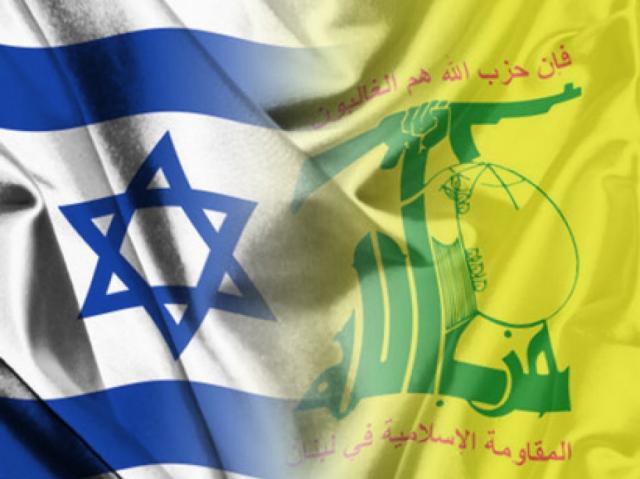Israel and Hezbollah
Gallery

On January 19, Israel carried out an airstrike in the Syrian town of Quneitra, killing six Hezbollah militants and one member of the Iranian Revolutionary Guard, Gen. Mohammad Ali Allahdadi. This prompted a response from Hezbollah, with further retaliation from Israel, leading to fears of a war between Lebanon and Israel.
Hezbollah is a paramilitary organization in Lebanon, identifying mostly with the Shiite population in the country. It also holds parliament seats in the Lebanese government and since its inception in the mid 1980s, has been backed by Iran (fas.org). It was also a key player in the 2006 war between Lebanon and Israel. Hezbollah views the latter as one of its main enemies on the international level but has recently been embroiled in the war in Syria, backing Al-Assad with support from Iran (understandingwar.org).
One of the people killed in the airstrike by Israel was Jihad Mughniyeh, son of Imad Mughniyeh, one of the leading founders of Hezbollah (cnn.com). The former’s death “represented a symbolic blow to the Shiite Islamist group that his father helped to found with Iranian backing in the early 1980s” (www.jpost.com). Imad Mughniyeh “has been linked to several terrorist attacks on American and Israeli targets world wide” and was implicated in the 1992 bombing of the Israeli Embassy in Buenos Aires that killed 92 people (haaretz.com).
After the attacks and retaliation, Hezbollah leader Hassan Nasrallah warned on a televised speech that “We in Hezbollah are no longer concerned with anything called the rules of engagement. It is our right, our legal right and our moral right, to confront the aggression at any time, any place and in any form whatsoever” (aljazeera.com). In the speech, the people of Syria, Palestine and the surrounding Arab world were also addressed as he alleged that Israel was in fact aiding al-Qaida in their actions.
Such remarks by Nasrallah have led some people in Lebanon to fear the worst. Another war in the small Middle Eastern country may lead to greater consequences or similar ones when compared to the war of 2006 between Lebanon and Israel. The latter led to great casualties on both sides, with 1,200 Lebanese and 43 Israeli civilians dying in the midst of all the violence (procon.org). According to community member Ahmed Beydoun, “As a Lebanese American, I’m very worried about what’s happening in Lebanon nowadays and I pray that the violence will not go further than it already has. I have family in the country who are very scared.”
The future can only tell whether or not a war between Israel and Hezbollah will ensue. For “While both sides had domestic reasons for needing to show a strong hand, neither is eager for another all-out battle” (nytimes.com) and most people in both countries hope that that remains the case.
